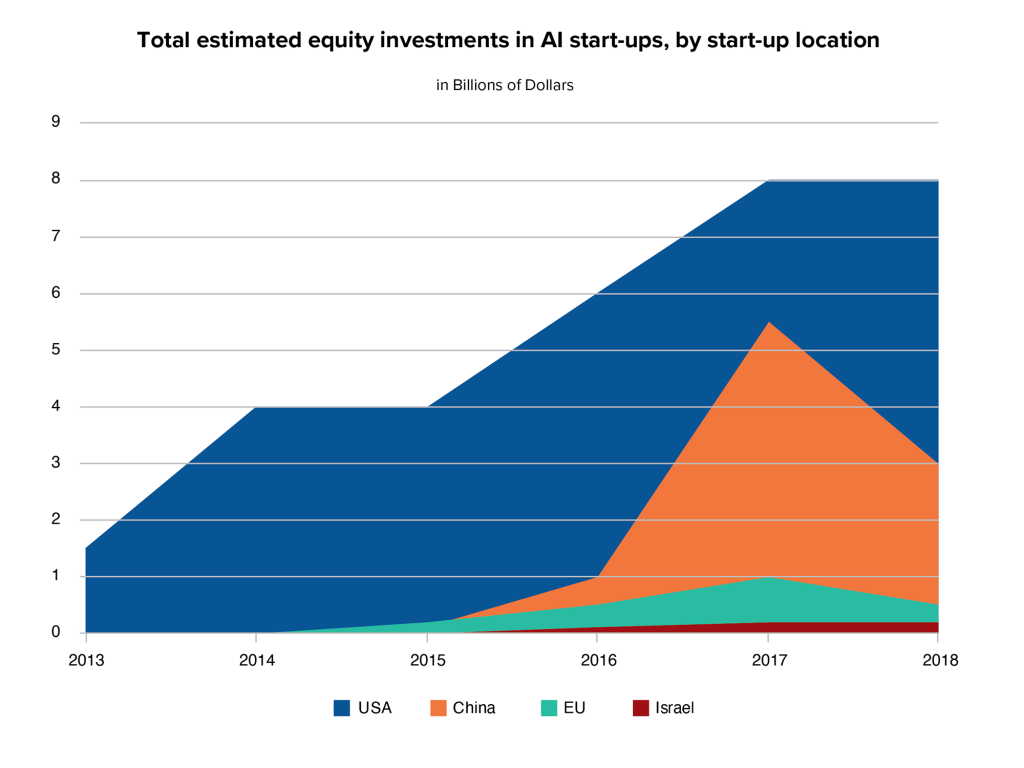The European Union and the search for digital sovereignty: Building “Fortress Europe” or preparing for a new world?
When the new European Commission took office under President Ursula von der Leyen, enhancing digital capabilities across the European Union immediately emerged as a top priority. Even in her first statement before being confirmed as European Commission president, von der Leyen called for Europe to achieve “technological sovereignty in some critical technology areas.” Despite the priority given to technological or digital sovereignty, there has been little clear definition of what the term actually means. But it was clearly much more than a rhetorical flourish—by March 2020, the European Commission had outlined new legislative proposals covering the development and use of artificial intelligence, the participation of “high-risk” vendors in critical networks, and the management of data.
The COVID-19 pandemic has since only elevated the debate about Europe’s digital sovereignty. Combined with geopolitical concerns, including growing sensitivity about China’s rapidly increasing role in the European economy, the pandemic is prompting a review of Europe’s strategic position and appears to be strengthening a belief that Europe should seek greater “strategic autonomy”. However the EU redefines sovereignty post-COVID-19—including technological or digital sovereignty—the impact will not be limited to Europe and European companies. Indeed, many of these EU initiatives could run counter the strong position of US and Chinese digital companies in the European market and will inevitably impact the transatlantic partnership.
In this issue brief, Atlantic Council distinguished fellow Frances G Burwell and non-resident senior fellow Kenneth Propp explore whether Europe’s search for digital sovereignty will turn into “Fortress Europe” and how this is playing out in key sectors of the digital economy – from cloud computing and 5G to artificial intelligence and digital taxation. How may this drive for digital sovereignty impact the transatlantic partnership and how can the United States and EU begin to identify shared perspectives and objectives in the digital policy realm again?

Image: Hearing of Commissioner-designate Thierry Breton, November 14, 2019. Source: CC-BY-4.0: © European Union 2019

